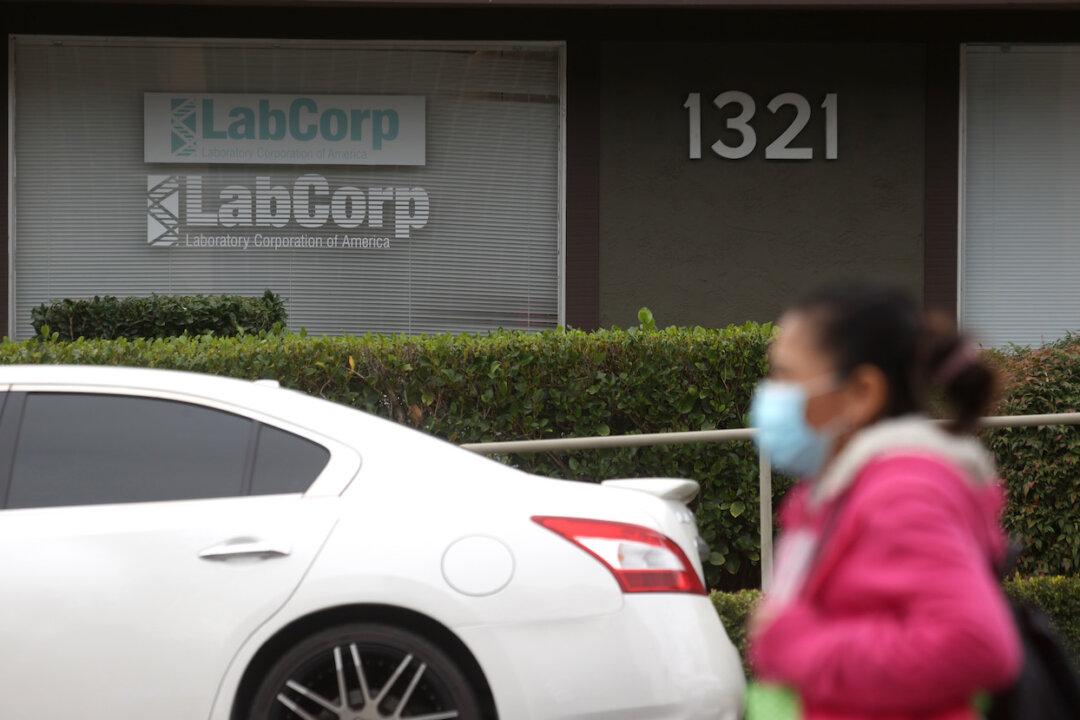The U.S. Supreme Court will decide if a group of blind people may sue Labcorp for discrimination because the company’s new self-service check-in kiosks were not accessible to them.
The court granted the petition in Laboratory Corporation of America Holdings v. Davis on Jan. 24 in an unsigned order. No justices dissented. The court did not explain its decision. The oral argument has not yet been scheduled.





